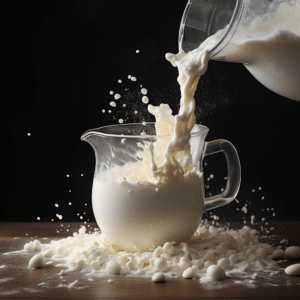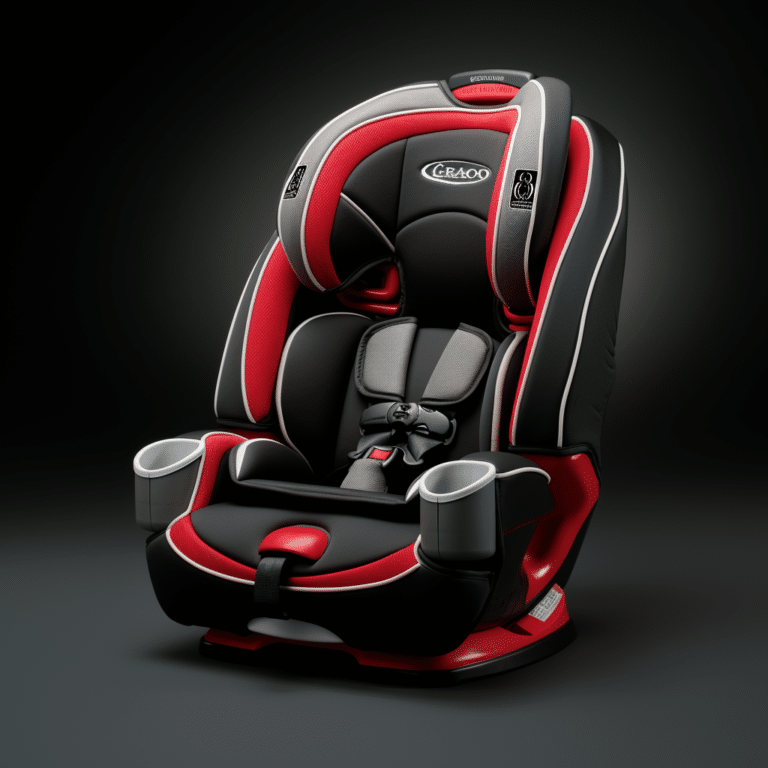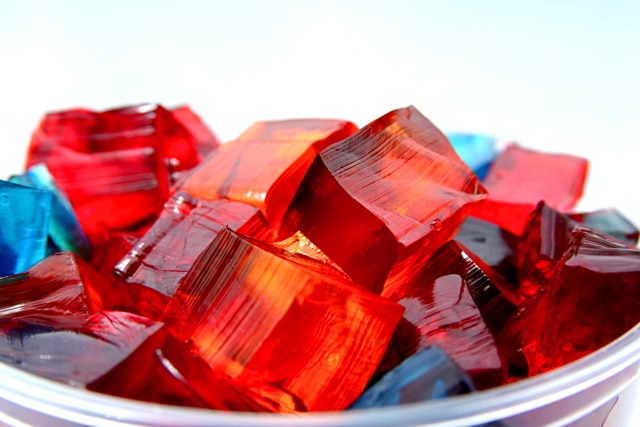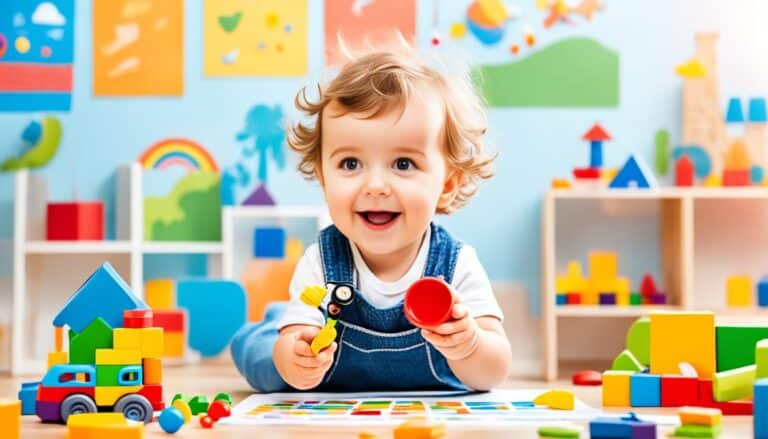Eating Boba with Braces: Tips and Precautions
Boba is a spherical translucent ball made from tapioca starch derived from cassava roots. It was first made in Taiwan and has since spread widely worldwide. It is made by adding boiling water to starch from cassava roots and forming a dough. The dough is subsequently formed into small balls and then immersed in a mixture of boiling brown sugar and water. You can add these balls into fresh juice, smoothies, herbal teas, and creamy tea.

Can You Eat Boba With Braces?
Boba, also known as tapioca pearls, is a delicacy loved across generations. When you have braces, you worry about what to eat or not to avoid damaging them. It is safe to eat boba with braces, provided you avoid the hard ones that could damage your braces. Brush and floss your teeth after eating boba to prevent the starch from sticking to the brackets and damaging the braces. This article looks at boba and how it can affect your braces.
What’s The Function Of Braces
Braces are dental devices or tools used by orthodontics to correct diverse dental issues with your teeth. There are five main types of braces; metal, ceramic, self-ligating, lingual, and self aligners. They function by correcting teeth crowding, misalignment, crooked, and unwanted gaps. You rarely see adults in braces; they are common in youth and children, a generation likely to consume more boba. They must know how to take care of their braces.
Nutritional Value Of Boba
Boba is made of starch from the cassava root, which consists of loads of nutrients. However, adding too much sugar and preservatives to boba could compromise its nutritional value. Cassava starch contains carbohydrates, proteins, calcium, folate, copper, selenium, magnesium, potassium, zinc, and Vitamin B 12. These nutrients are beneficial to the human body. Such benefits include;
- Cassava starch is gluten-free and is suitable for persons with gluten intolerance.
- It has low sugars, fat, and calories which is good for cardiovascular health.
- It might help in regulating blood sugars and blood pressure when eaten in correct quantities.
- Cassava has calcium that is beneficial to bone health and might help prevent bone loss.
- It is great for the digestive system and colon health and thus might help prevent irritable bowel syndrome and reduce the risk of colon cancer.
- Cassava starch might help in healthy weight gain in persons with a low BMI.
- It could help in mental health.
- It’s a source of energy, reducing lethargy and fatigue.
- It contains Vitamin C, essential for collagen production and boosting immunity.
- It contains high content of dietary fibers.
- Cassava starch contains folate that is helpful during pregnancy and may help reduce the risks of anemia.
- Decreased risk of cancer. Antioxidants in cassava flour help fight free radical cells that cause cancer and reduce the chances of spreading cancer to other healthy body cells.
Cons Of Eating Boba
Teeth Cavities
Boba balls are added with sugars and preservatives, which can cause tooth decay and cavities when eaten in excess and one fails to brush immediately. The condition could be worse for persons with braces as sugars can stick in the brackets if not well cleaned. Braces are meant to correct a dental issue, so cavities or decay could be counterproductive.
High Glycemic Index
Processed sugars are high in glycemic index. Excess consumption of boba could lead to a spike in blood sugars, which makes it hard to regulate them. It is worse for diabetic patients.
Could Lead To Obesity And Diseases
Cassava starch is full of carbs, and additional sugars raise its potential to cause obesity. Excess weight could lead to high blood pressure which is bad for cardiovascular health. It could lead to diseases such as stroke, heart attack, and cancer. Sweetened drinks are a primary cause of unhealthy weight in children and teens. Excess sugars could also lead to non-alcoholic fatty liver disease and conditions associated with cognitive decline like Alzheimer’s.
Allergic Reactions
Boba is made of cassava roots, and consuming them could trigger allergic reactions in persons with root vegetable and latex allergies. Symptoms of allergies include; swelling of lips and tongue, hives, rashes, reddening of the skin, irritation, and in severe cases, convulsions.
Could Choke
Swallowing whole boba balls poses a risk of choking, especially in children. Avoid leaving younger children unsupervised when eating boba or when drinking liquids enhanced with boba balls.

Precautions When Eating Boba With Braces
If you love boba and have braces, you will find yourself eating them one time or another. The following tips could help you to enjoy boba and maintain your braces.
- Avoid hard balls. Always go for the soft ones.
- After eating boba balls, ensure you brush your teeth correctly. Brush for two minutes with toothpaste, rinse, floss, rinse, and gargle with a mild mouthwash. Proper brushing ensures you wash off all sugars, preventing risks of cavities.
- When drinking boba or bubble tea, smoothie or juice, use a boba straw specifically designed for that purpose. The straw ensures the teeth do not come into contact with much sugar, which is harmful.
- When eating boba, take small bites. Large bites could put a strain on the braces, damaging them.
- Avoid hard foods such as hard candy, maize on the cob, hard bread, tough meat, and beef jerky.
- Avoid excessive caffeinated drinks, colored drinks, wine, hot water, sports drinks, juice, and any drink that can cause discoloration and staining of your braces.
- Avoid hot foods and drinks, those with high sugar content and high acidic content.
In conclusion, it is safe to eat boba with braces. However, you need to brush your teeth properly after eating and avoid hard boba balls. Failure to bush could lead to discoloration, staining, and damage to the braces and might also lead to tooth cavities and decays.






